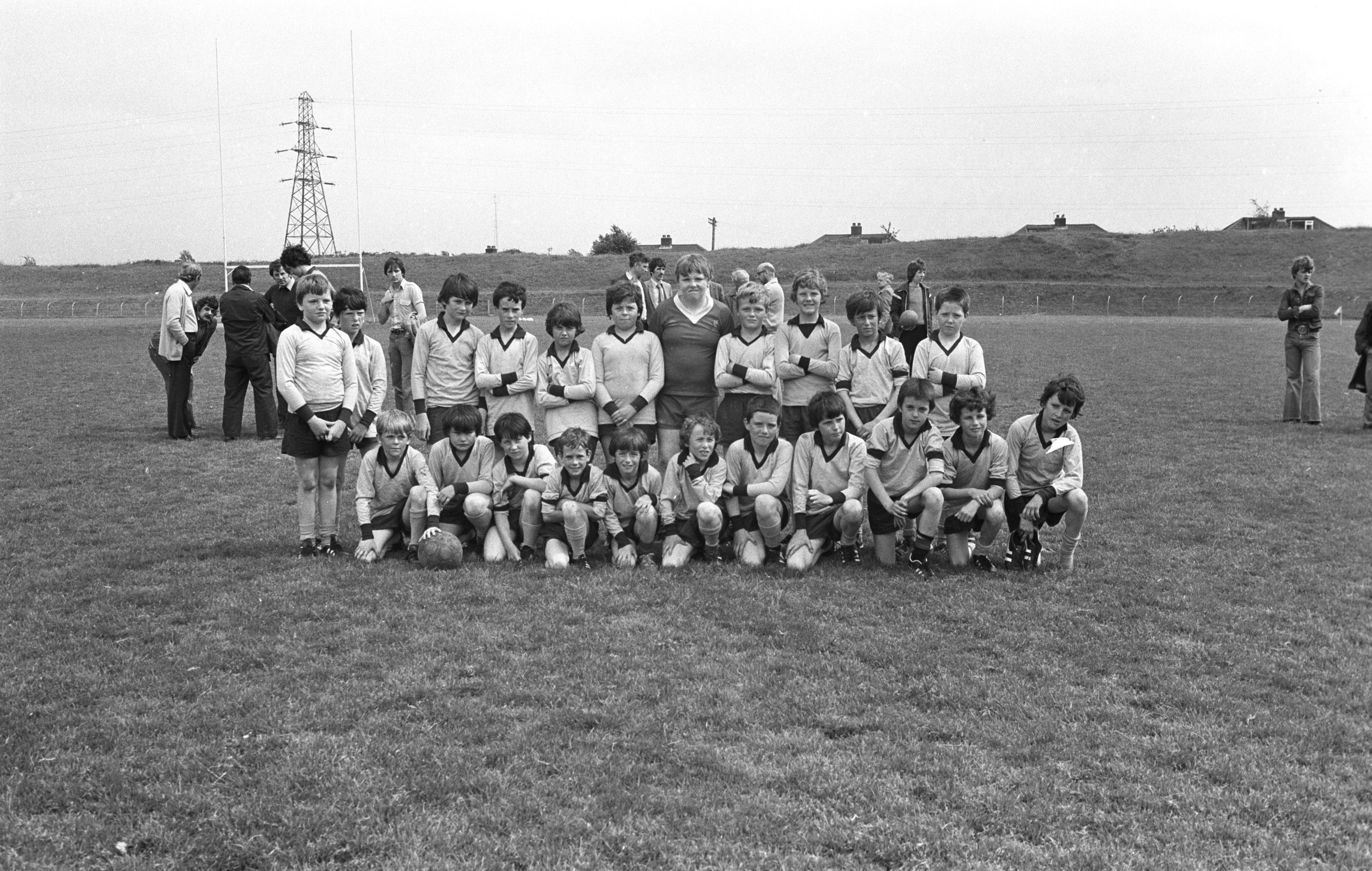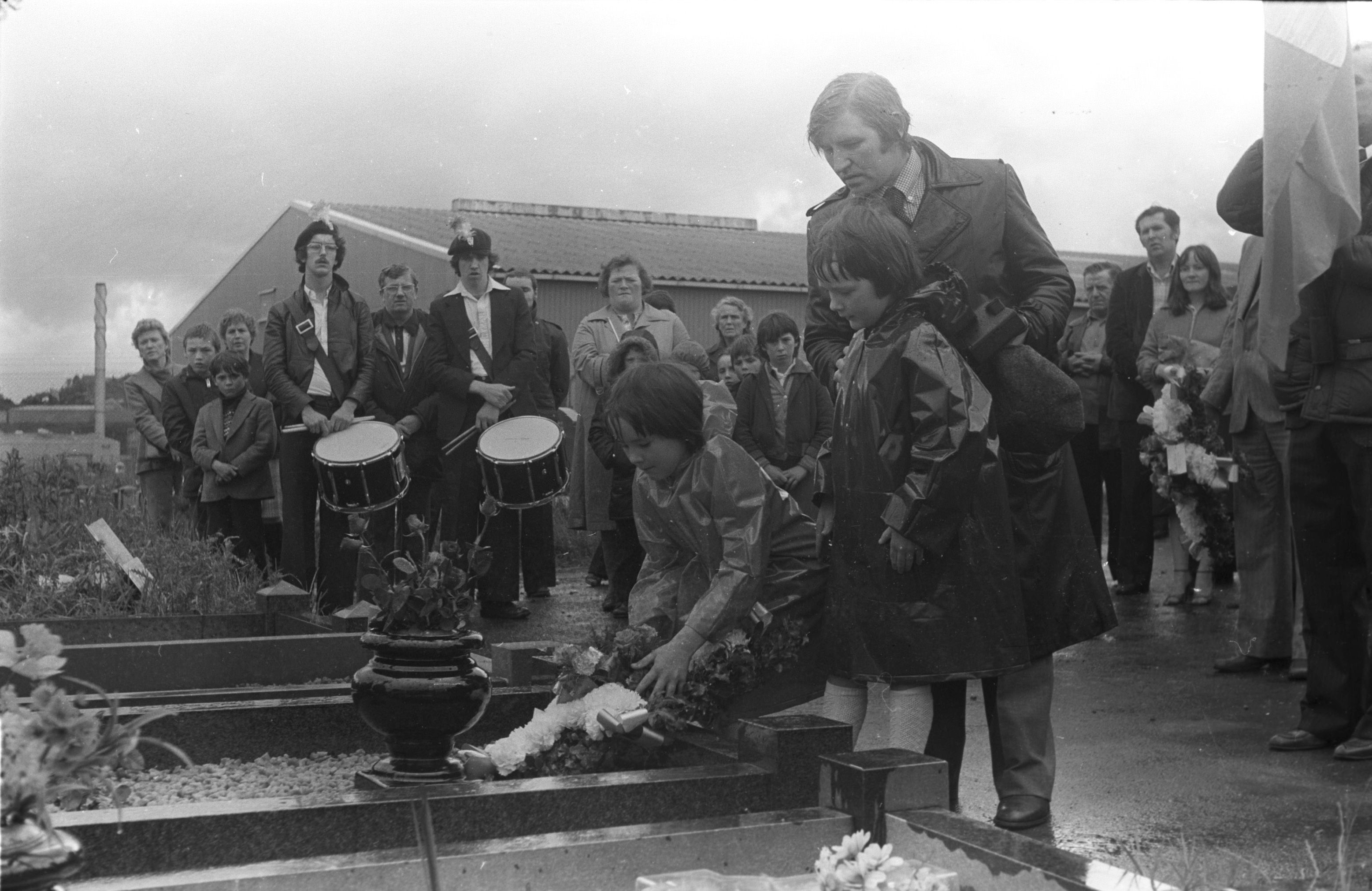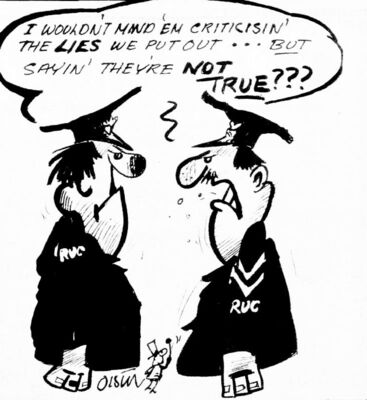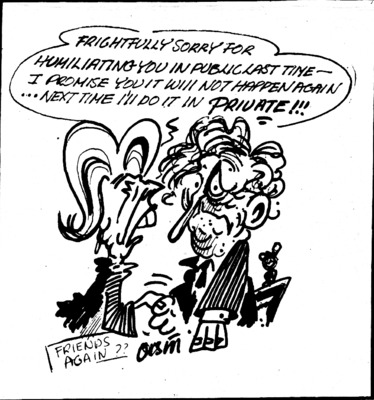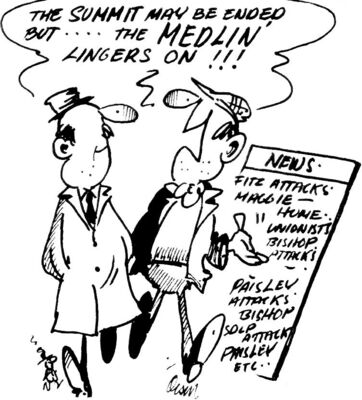We look back at the stories that were making the headlines in the Andersonstown News this week in 1980
Demolition of the Broadway Cinema back in June 1980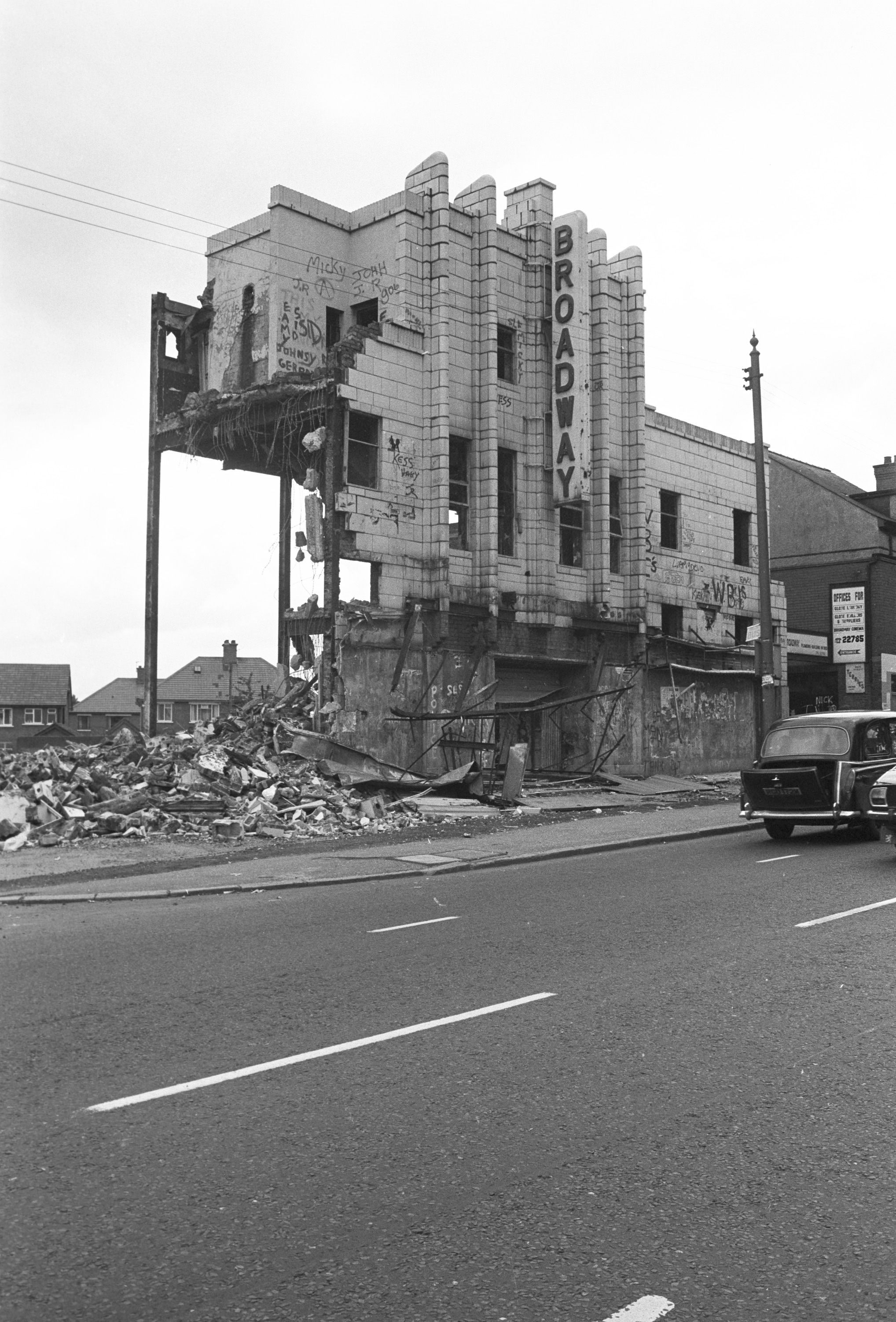
Will republican prisoners be transferred back to Ireland?
A NEW Common Market proposal, that all prisoners in member states be transferred to a prison in their own country, might eventually lead to all Irish prisoners in England being transferred to jails at home.
The British authorities, until now have refused to contemplate any transfer of Irish political prisoners, even though this would be cheaper and more humane as far as relatives are concerned.
The deteriorating health of Marion Price and her sister Dolours, alone forced their transfer to Armagh; but if this new proposal is adopted by the Common Market countries, Britain could be forced to follow suit.
With British jails bursting at the seams, the overcrowded conditions and resulting unrest is causing considerable concern in the prison system. The British Home Secretary William Whitelaw is known to have asked for a special report on how he can effect an early release of ordinary prisoners, in an effort to reduce tensions. He is also known to be not completely opposed to the transfer of Irish political prisoners which he sees as a potential focal point for prison unrest.
The high morale and organisation of politically motivated prisoners in English jails has always been a worry to the authorities, and their great fear now, is that the Irish prisoners will exploit the deteriorating prison conditions to highlight their own political cause. If this should happen, then more prison riots and rooftop demonstrations could be expected. It is known that the British Cabinet are determined that this very effective propaganda weapon should be denied the highly intelligent political activists in English jails, and would prefer a transfer of prisoners, to more unrest in the jails.
First year nursery school playgroup at the Naíscoil, Shaws Road, June 1980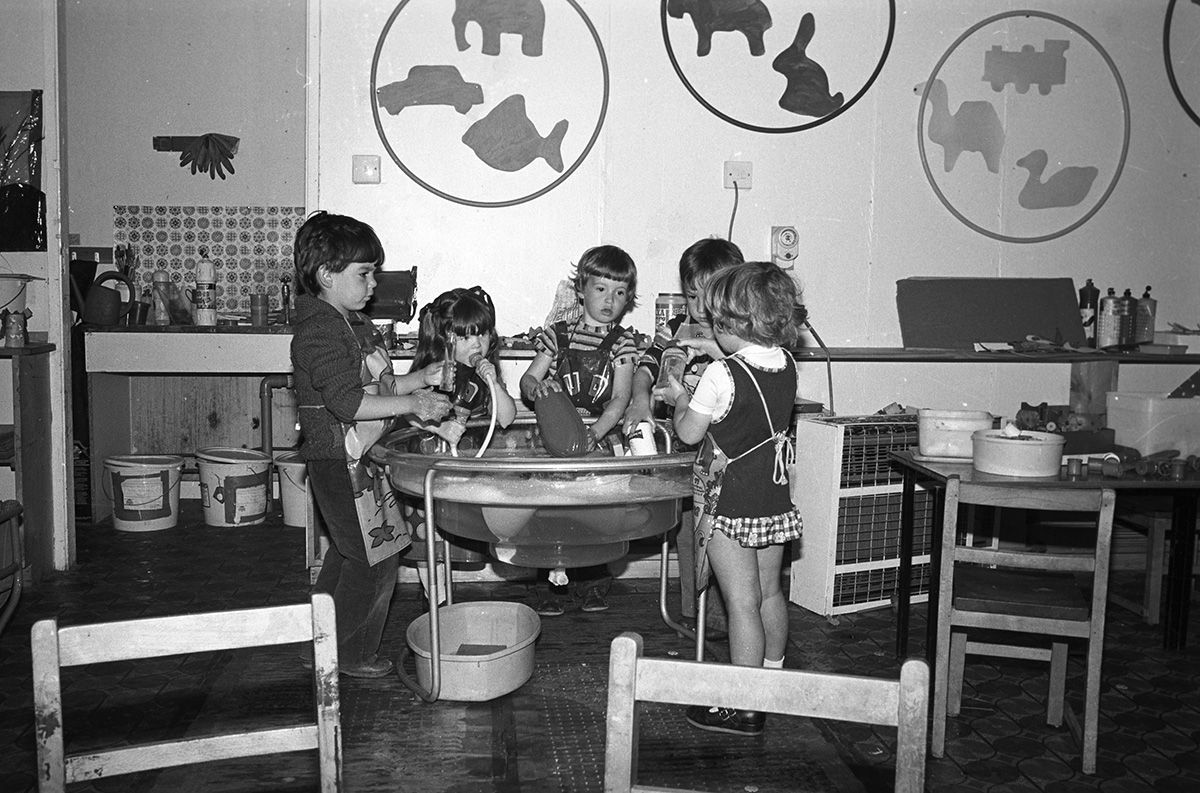
Editorial
It’s relatively easy to be an Irish Nationalist in Andersonstown. Despite the forces of ‘law and order’ and official disapproval, most of the people and the atmosphere is on your side.
ohn Turnly didn’t find himself in such a position. A Protestant landowner, he was perfect Unionist material in the Terence O’Neill class. Having spent years abroad, returning, he could have stepped into a ready made niche in the Unionist establishment. He didn’t do that.
Against all the odds, ‘official’ opinion and with the disapproval of many of his neighbours, he chose to stick to his dearly-held beliefs – and he paid for his honesty with his life.
It isn’t often we meet politicians or public people in Ireland with any degrees of integrity, people who aren’t out simply for what they can get, but who believe in something and are prepared to pursue their beliefs even when the going’s rough. John Turnly believed in the right of the Irish people to self-determination. He was a man of peace, who nevertheless understood, and sympathised with, the views of those who see no way of getting Britain to go, except by the use of Britain’s own weapon – force of arms.
He campaigned for prisoners’ welfare; and when any of his constituents were being tortured in Castlereagh or elsewhere, he wasn’t content to write letters, but went to the torture centre himself and protested. Our people aren’t accustomed to such service from their public representatives.
The public outcry and calls for the introduction of the death penalty, which accompany the violent death of a public man, were absent in Mr Turnly’s case. In the eyes of the media etc, death for him, as for the rest of us Irish, seems to have been a natural hazard.
Expressions of sympathy are necessarily inadequate. However, for what it’s worthy, we offer our deepest sympathy to Mr Turnly’s family.
Ar dheis Dé go raibh a anam.
St John the Baptist Primary School, who were the winners of the McGreevy Cup at Casement Park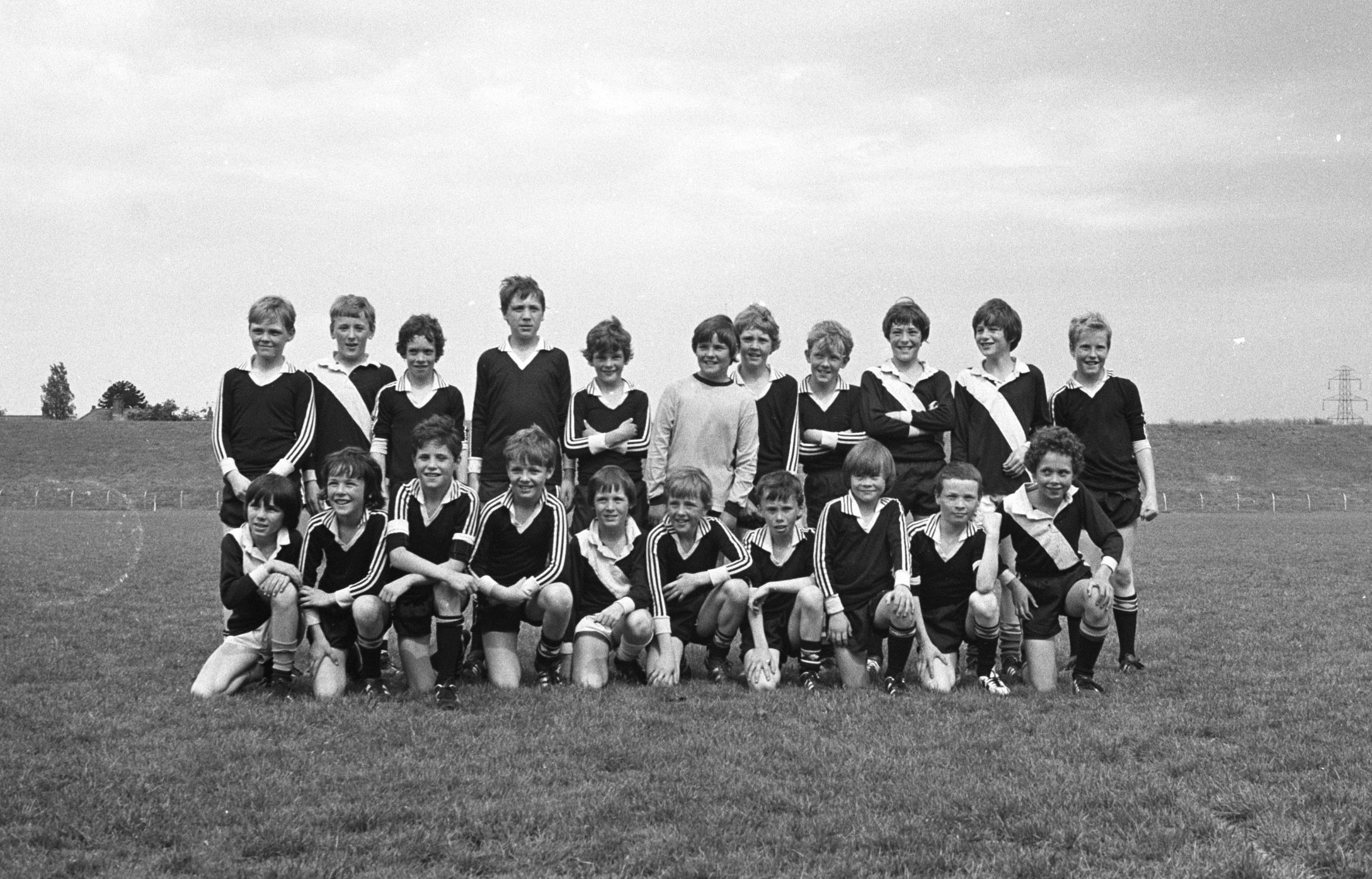
Kathleen Thompson memorial at Milltown Cemetery
BRIGID Hannon of the National Graves’ Association unveiled a magnificent Celtic Cross in memory of the late Kathleen Thompson, at a service in Milltown Cemetery.
The service was chaired by Willie John McCorry, and after a decade of the Rosary by Liam Wiggins, an oration was read by Alfie Hannaway. He spoke about the tragedies of her life which she surmounted with courage and her tireless work in aid of the prisoners and NGA.
He also pointed out that the proceeds from her highly successful LP record ‘Price and Justice’ went entirely to the Green Cross.
Wreaths were laid by her husband Harry and her two children, as well as from Cumann na mBan, Óglaigh na hÉireann, National Graves Association and Na Fianna.
Finally, the chairman asked the Cathal Brugha Band to play Four Green Fields, a song with which Kathleen had been connected.
The St Oliver Plunkett Primary School team who were defeated in the McGreevy Cup at Casement Park